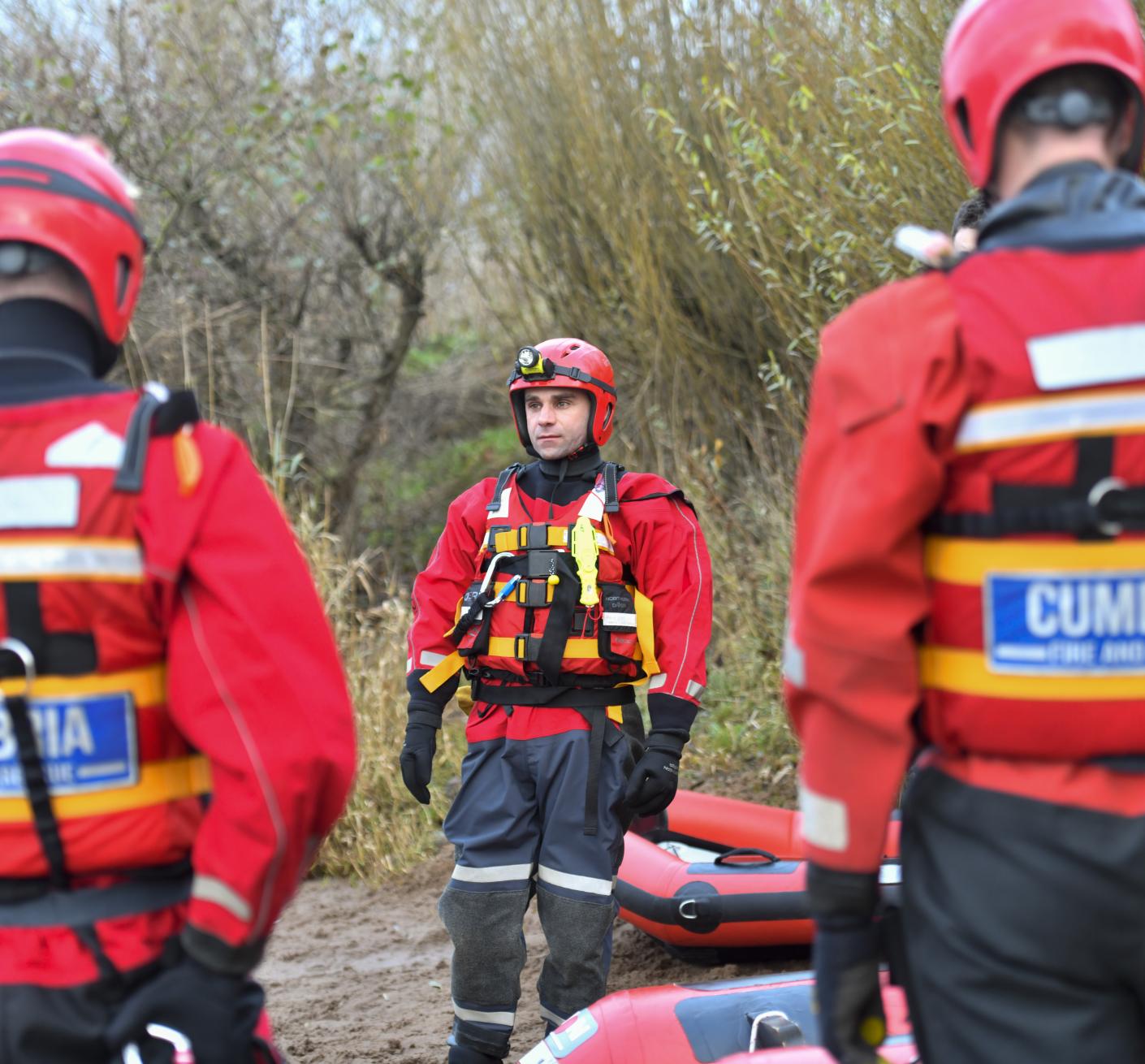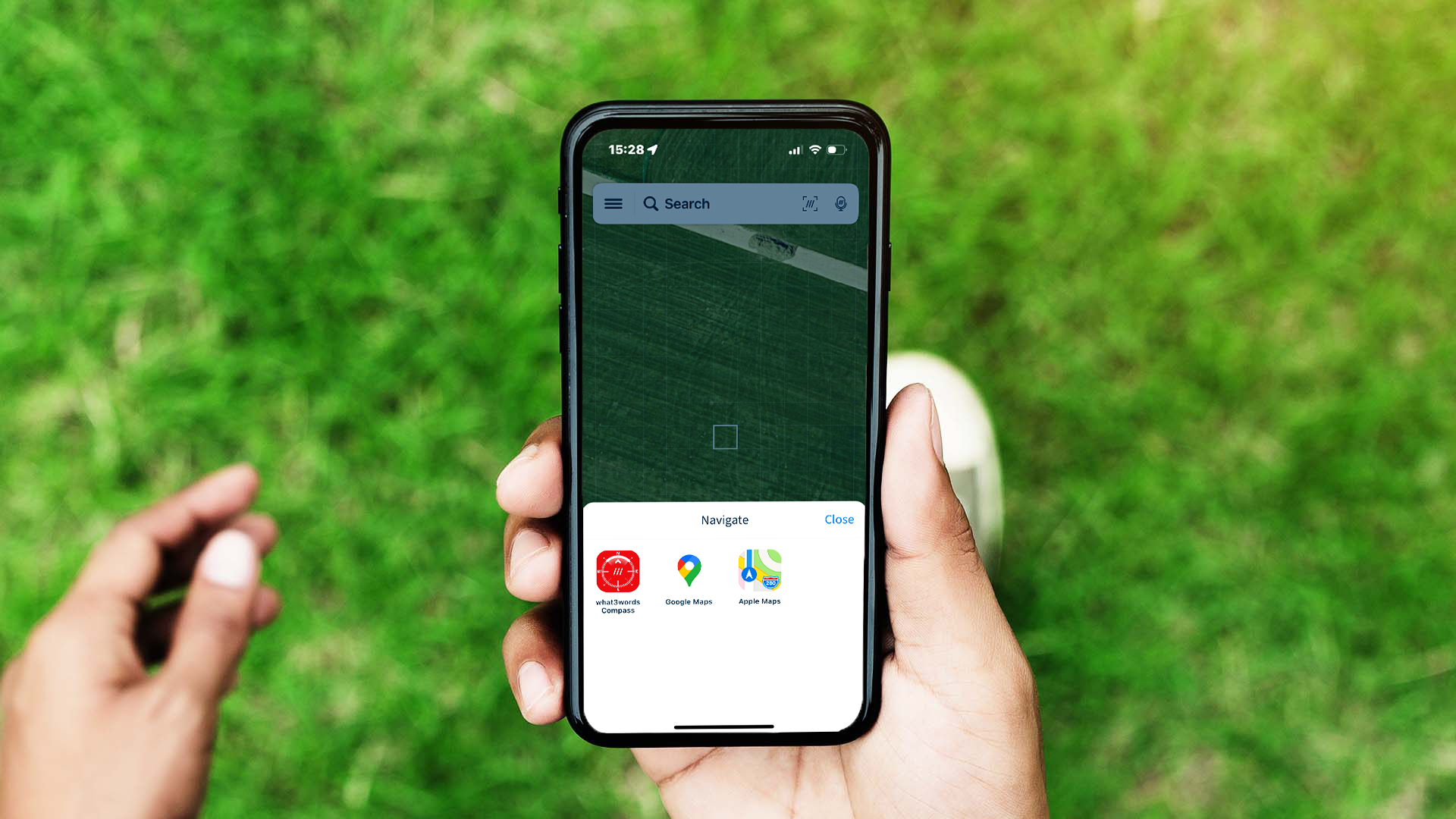Water safety
Every year, in the UK, around 400 people die from drowning as a result of an accident in or around water.
Read our advice for staying safe near open or flood water.
Half of accidental drownings in the UK occur when people didn't intend to go in the water, so simple steps to raise awareness of the risks around water and how they can be reduced will help prevent these deaths.

Our county is home to some of the most beautiful waters in the country, from sprawling lakes and rivers to miles of picturesque coastline.
We want people to enjoy their time in or near these beauty spots, but to do so with full knowledge of the risks involved and, most importantly, what to do if you or someone else gets into difficulty.
The three main types of water-related incidents we attend are:
- Rescue of people who didn't intend to go in the water
- Rescue of people who were in the water intentionally and get into difficulty
- Rescue of people who intentionally enter the water with the intent to harm themselves
Remember: if you see anyone in trouble in the water, call 999 right away.
Tilt your head back submerging your ears
Relax and control your breathing
Move your hands and legs to help you stay afloat
Your legs may sink – that's OK, everyone floats differently
Practise floating at a supervised location like a swimming pool
External links
How to use the what3words app in an emergency
- Open the app: Wait a few seconds for the blue dot to settle in one place. For a more accurate GPS location, you should be outdoors.
- Locate yourself: The 3 words for your location will display at the bottom of the screen.
- Give the three words: Read the what3words location over the phone to the emergency services. They'll know exactly where to find you.
The app works offline, even in areas with no internet access, by using the device's GPS signal. Download the what3wordsapp for free on iOS and Android or access the website what3words.com

